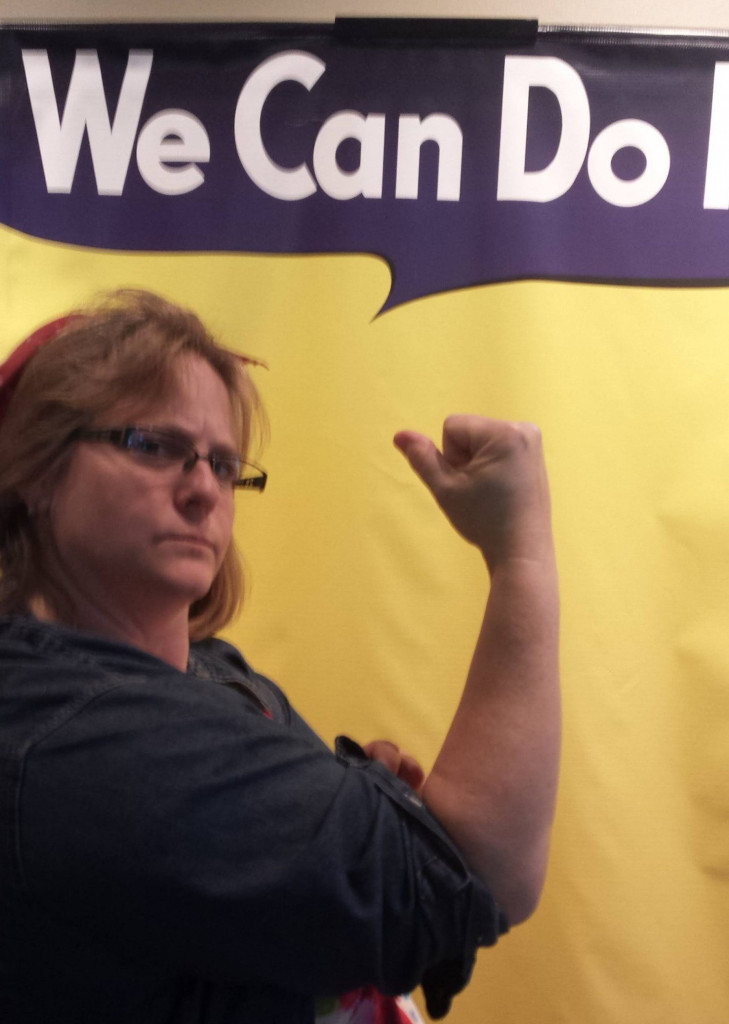[After posting part 1, my naturally taciturn personality suddenly lost all energy for self-disclosure of my painful past. But I have already baited the hook and opened up a can, and other metaphors of having set one’s hand to the plow. So I will continue. Please know that recounting these difficult years gives me no pleasure.]
I left you with “how does one leave the conservative theological world for good?” For starters, you might have your theological ship blown out of the water.
 I was a reformed Presbyterian pastor, if you can believe that. I went to a Presbyterian seminary and loved every minute of it. I made straight A’s in Greek and Hebrew. I read every book as if my life depended on it. I graduated cum laude and had NO STUDENT DEBT by a long series of miracles of God’s provision.
I was a reformed Presbyterian pastor, if you can believe that. I went to a Presbyterian seminary and loved every minute of it. I made straight A’s in Greek and Hebrew. I read every book as if my life depended on it. I graduated cum laude and had NO STUDENT DEBT by a long series of miracles of God’s provision.
I became a licensed and ordained Teaching Elder in the Presbyterian Church in America (PCA). I held and taught and preached Reformed Theology for years. I slayed from the pulpit; I almost called down fire from heaven
How could I leave that behind?
Frankly, I would have to say that the church left me first. I wasn’t looking for a way out. But I was shown the door.
I remember the day we left North Carolina. My first assistant pastorate had sadly ended exactly one year after moving there. The bitter taste of injustice cloyed my every thought. My crime? Adopting a symbolic or analogical interpretation of Genesis 1-2 instead of the literalistic interpretation or so-called Young Earth Creationism. For this, I was denied ordination by the regional governing body known as the Presbytery. So again, barely unpacked from the first move, we again packed up the house and trundled out of town, headed back to Texas. I drove a 25′ moving van through the night in torrential rains and flooding, miserable with a bad flu infection, four babies in the minivan ahead of me, down into Georgia to get around the snowbound Smoky Mountains, then westward through pitch black night, coughing and sneezing and aching as we retreated from a failed adventure.
I worked a modest secular tech job for six months, and then was fired for the mistake of another employee. But I received another call to a solo pastor position at a tiny church in a suburb of Dallas.
After just six months, the second church folded—as in, turned off the lights and closed down. Complex circumstances led to the dissolution of the church, but a large segment (less than half) was against the closing, and they were very upset. They focused their outrage on me. Things got hostile, and the moderator of Presbytery took me aside during the proceedings and told me I could be in danger and that I should get out of town as soon as possible to protect myself and my family
We said, “the third time’s a charm,” and I took a third job as an assistant pastor in Florida. We moved our house and family of four across the country again. We wanted so much for this time to work out. But fifteen months later, due to a budget shortfall, I was laid off with barely a week’s notice. I was given no severance and not so much as a farewell party. Church friends threw their own party for us independently, and took up a collection so we at least had some traveling money. We left all our belongings in a large storage unit because, who knew where we would go next? Maybe it would be back to the East Coast. We had nowhere to go, so we moved in with my parents in Tulsa—eight people and a dog in one house—bringing nothing but what we could carry in suitcases, with no money, no winter coats, a minivan with no heating, and winter coming on.
I contacted between 90 and 120 churches around the country looking for the next pastoral position, but my track record now was too scary. I got a job waiting tables—me, a 35-year-old father of four with two college degrees. My wife earned a few more dollars helping in the school cafeteria. I finally had to give up on the pastoral life completely.
Reflecting on the years of serial disasters, seeing my pious hopes and holy ambitions all go up in smoke, having sacrificed everything for him and being abandoned by him at the very lowest nadir of our downward trajectory, I turned my resentment toward the God who promised “never to leave me nor forsake me.” I came to despise God and all of his insipid, paltry churches full of smug, employed, upwardly-mobile clods, and to consider such Bible promises to be mere platitudes, lies meant to keep the faithful in line.
I can’t go on. I’ll stop there, but I’m leaving out so much…
- getting stuck owning the house we bought in NC and then having to empty all of our modest retirement savings to bring money to the table in order to sell it
- being accused of 17 charges filed against me by the group opposed to closing church #2. Normally, this would lead to an inquest and trial in Presbytery, gladly it didn’t in my case
- being treated as a near heretic for my views on the creation narrative of Gen 1-2
Of course I hated God. Who wouldn’t?
At one point, I hated everything about God. I couldn’t go to church, couldn’t pray, couldn’t read the Bible. I couldn’t drive past any church on the street without feeling sick.
Why had everything gone so badly for me? Why did I have such spectacular success in preparation for ministry, only to go on to catastrophe after catastrophe in the real world?

AND, by the way, how our marriage survived is still a mystery to this day! Or maybe not. We loved each other, we’ve always had that. A saving grace perhaps. Maybe someday I’ll write a post about my wife’s heroic power to stand with me through everything that happened.
“God is not there,” I decided. “Or he’s not who I thought he was. Either there is no God, or at least not one that matters, not one that helps his people in their hours (their weeks, their months, their years) of need. He was cruel and capricious and reckless.
“Why have I kept my hands clean? Why have I maintained my faithfulness if this is what God does in the hour of my most desperate need? I’ve been out of the workplace for eight years, all my skills are obsolete. Even if I return to secular work, my resume is a disaster. I’m unemployable, I’m ruined. And God is a monster.
“I went to the mat for him. I gave everything for him, and he’s ruined my life, left my children destitute,” and I said this at least ten thousand times— “I wish I had never been born.”
This story does have a happy ending. Looking back I can see that God had to destroy me, even to destroy my very faith in Him, and bring me into the deepest depression in order to slowly rebuild me into something else. And it was slow. It took a really long time to recover, and in many ways I am still not what I was, and never expect to be.
That will be in the next post, along with some particulars of what has changed in my thinking.








Ugh…. this is painful to relive. On another note, where did that photo come from? Lol.
wow, Spooner, that’s brutal. I knew much of your story, but not in this detail. Love you, man. Keep the faith!